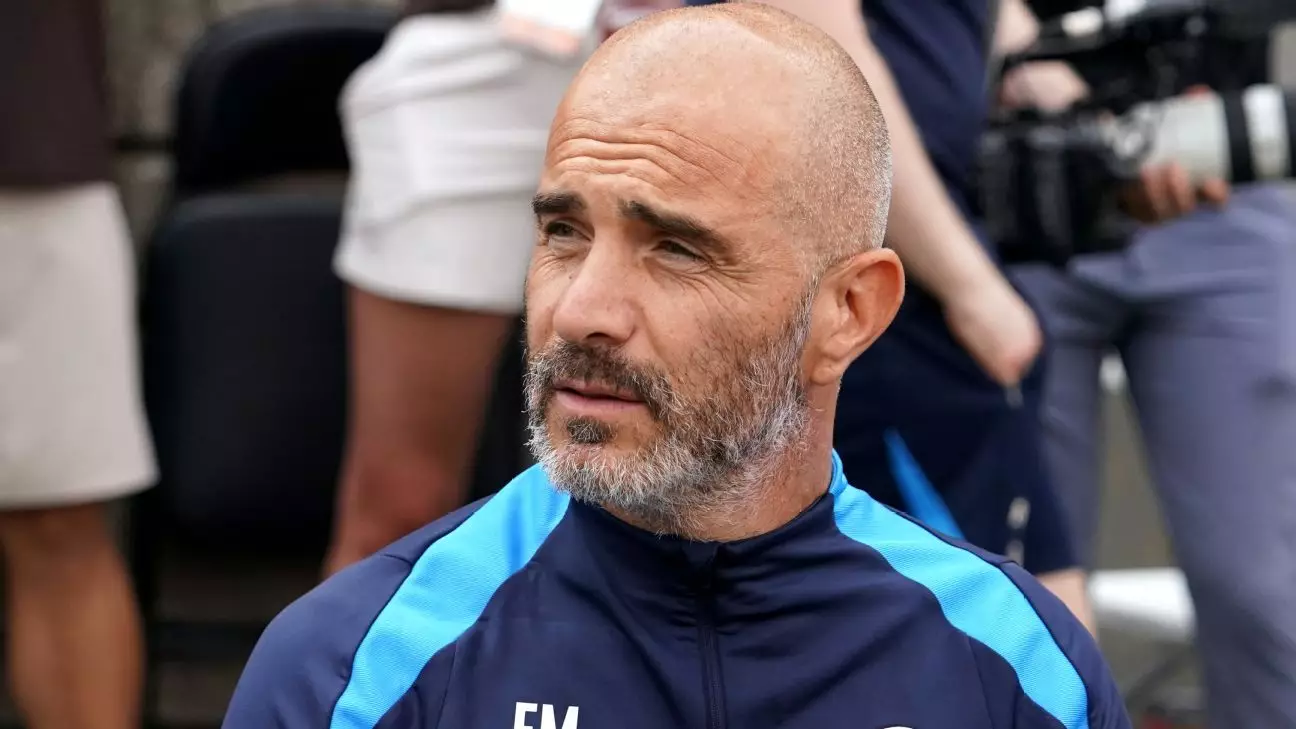In recent discussions within the footballing world, an urgent and critical dialogue has arisen concerning the current structure of match schedules and player welfare. Chelsea’s manager, Enzo Maresca, has voiced significant concerns, asserting that the football calendar does not afford players adequate protection. He articulated that many athletes have begun to express dissatisfaction with the overwhelming number of matches they are required to play. This reflects a changing mentality among players who feel that their physical and mental health are being compromised for the sake of revenue and competition.
The increasing number of fixtures, especially in an age where physical fitness and mental well-being have taken center stage, raises serious questions about the sustainability of such a model. For instance, prominent figures in the sport, including Manchester City’s Rodri, have indicated that players are contemplating extreme measures, such as a strike, to address this burgeoning concern. This level of discontent suggests that the players are not simply being passive participants in their careers; they are becoming active advocates for necessary change in labor conditions.
Maresca’s sentiment is echoed by many within the football community, including players from some of the biggest clubs in Europe, such as Real Madrid and Barcelona. Goalkeeper Thibaut Courtois and defender Jules Koundé have openly supported Rodri’s stance, adding momentum to the growing demand for reform. The implication here extends beyond the immediate workload; it signifies a broader acknowledgment of players’ feelings and health needs. Clubs are beginning to recognize that a more humane approach to scheduling could lead to longer careers and healthier players, both of which are advantageous in the complex economics of football.
Moreover, Carlo Ancelotti’s recent statements about possibly accepting reduced wages for fewer games further spotlight the extent of the players’ plight. The priorities are shifting, with financial gain from incessant matches being weighed against the need for adequate rest and recovery. Such proposals could lead to a transformation of the football landscape, where management and players collaborate on a calendar that prioritizes health without sacrificing competitiveness.
In light of these concerns, Chelsea’s decision to leave several key players, such as Cole Palmer and Wesley Fofana, out of their UEFA Conference League squad is a commendable strategy aimed at preserving the players’ long-term health and performance. As Chelsea sits in a difficult position at eighth in the Premier League after only four matches, the importance of maintaining player fitness cannot be overstated. The upcoming London derby against West Ham presents challenges, but the club’s proactive approach reflects a growing awareness within the sport.
Maresca’s announcements that Enzo Fernández and Kiernan Dewsbury-Hall will be ready for the next match, despite their recent illnesses, signals an understanding that combatting fixture congestion is not only about physical fitness but also involves mental recuperation. However, the ongoing absences of players like Reece James and Malo Gusto highlight the reality of managing a squad through a grueling season.
As the voices from the football community become increasingly aligned against excessive match schedules, it’s vital for governing bodies and clubs to reevaluate their approach. The balance between maintaining competitive integrity and ensuring player health is crucial for the future of the sport. The time has come for football to adopt a more sustainable model for its players, one that considers their rights and well-being at its core.

